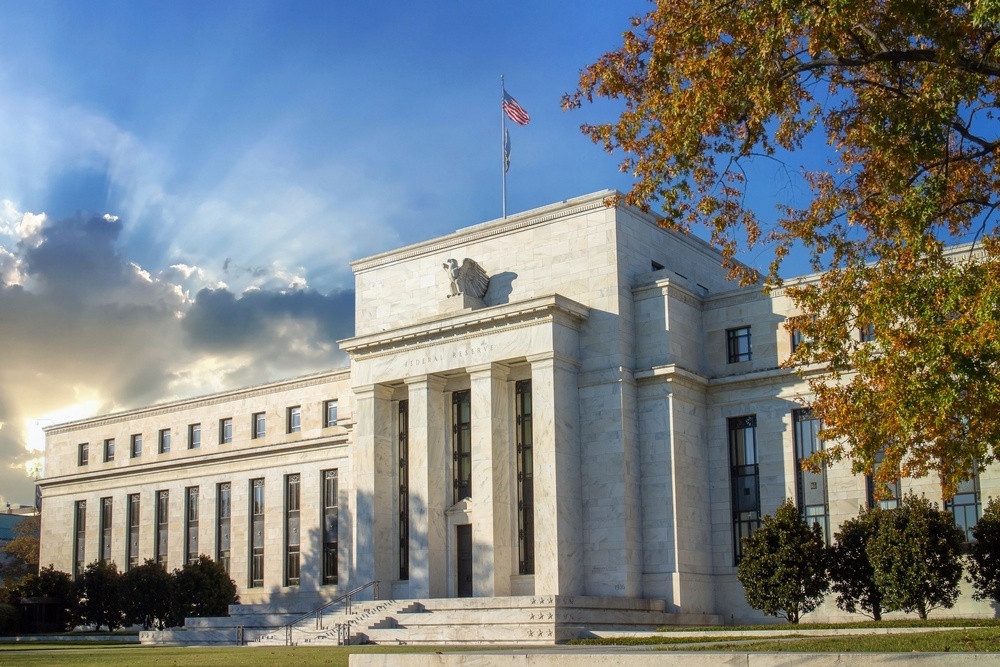U.S. Economy's Soft-Landing Pulls September Rate Cut Expectations
The data showed that US price pressures have eased, boosting Fed officials' confidence in rate cuts.

The Federal Reserve's meeting this week is considered the most crucial decision-making moment of the year.
Although the Fed has been cautious about rate cuts in recent meetings, Timiraos notes that officials might hint at the possibility of a rate cut in September. Federal Reserve Chairman Jerome Powell has stated that if a rate cut is decided, it should be done as early as possible.
According to data from the U.S. Department of Commerce, the Personal Consumption Expenditures (PCE) price index rose by 2.5% year-over-year in June, down from 2.6% in May. The core PCE index is also close to the Fed's 2% target. These data points suggest easing price pressures, which bolster Fed officials' confidence in rate cuts.
John Williams, President of the Federal Reserve Bank of New York, indicated that a rate cut in July is not appropriate and more data should be gathered between July and September. James Bullard, former President of the Federal Reserve Bank of St. Louis, believes that the Fed’s statement will reflect the trend of declining inflation, while Mary Daly, President of the Federal Reserve Bank of San Francisco, suggests waiting longer to ensure inflation stability.
Second-quarter GDP growth was 2.8%, exceeding expectations and further reinforcing the Fed's confidence in a "soft landing" for the economy. The market expects the Fed to cut rates by 0.25 percentage points in the September meeting, marking the beginning of a shift from rapid rate hikes to rate cuts.
The U.S. presidential election might also impact the Fed's decision-making. Powell emphasized the Fed's independence and its resistance to election interference.
However, Oxford Economics notes that voters' concerns about prices and unemployment rates could influence their votes. If voters continue to focus on price levels, they may lean towards supporting Trump and the Republicans; if they are more concerned with recent inflation trends and low unemployment rates, they might support Harris and the Democrats.
Disclaimer: The views in this article are from the original Creator and do not represent the views or position of Hawk Insight. The content of the article is for reference, communication and learning only, and does not constitute investment advice. If it involves copyright issues, please contact us for deletion.